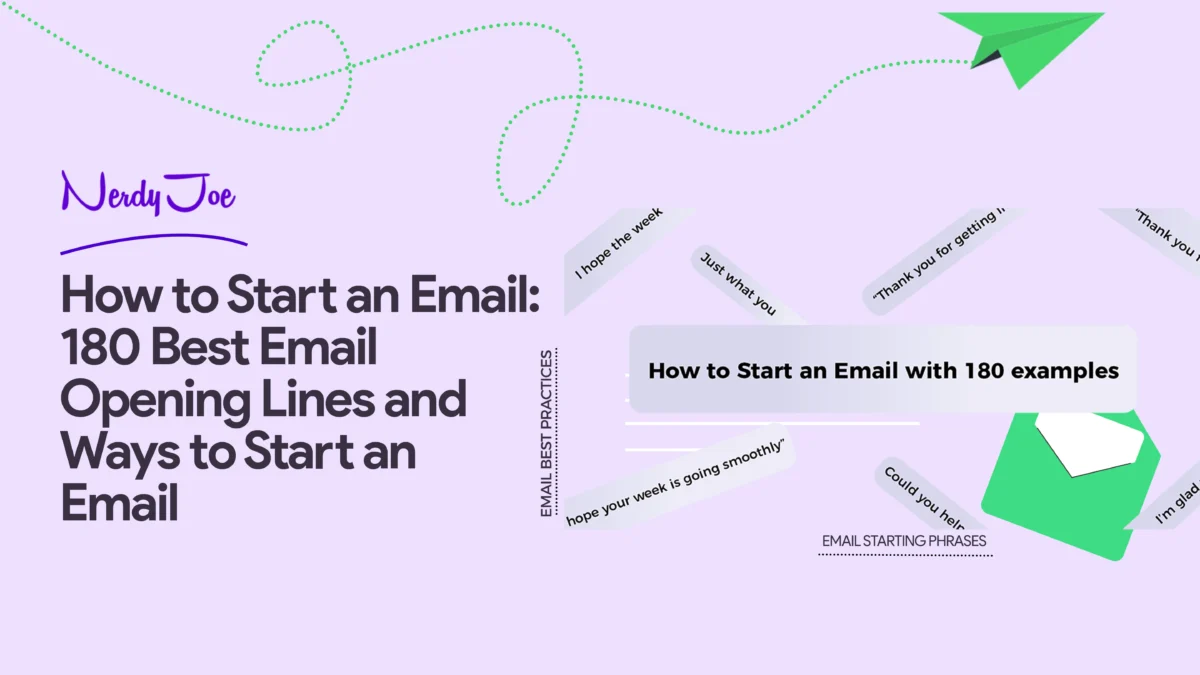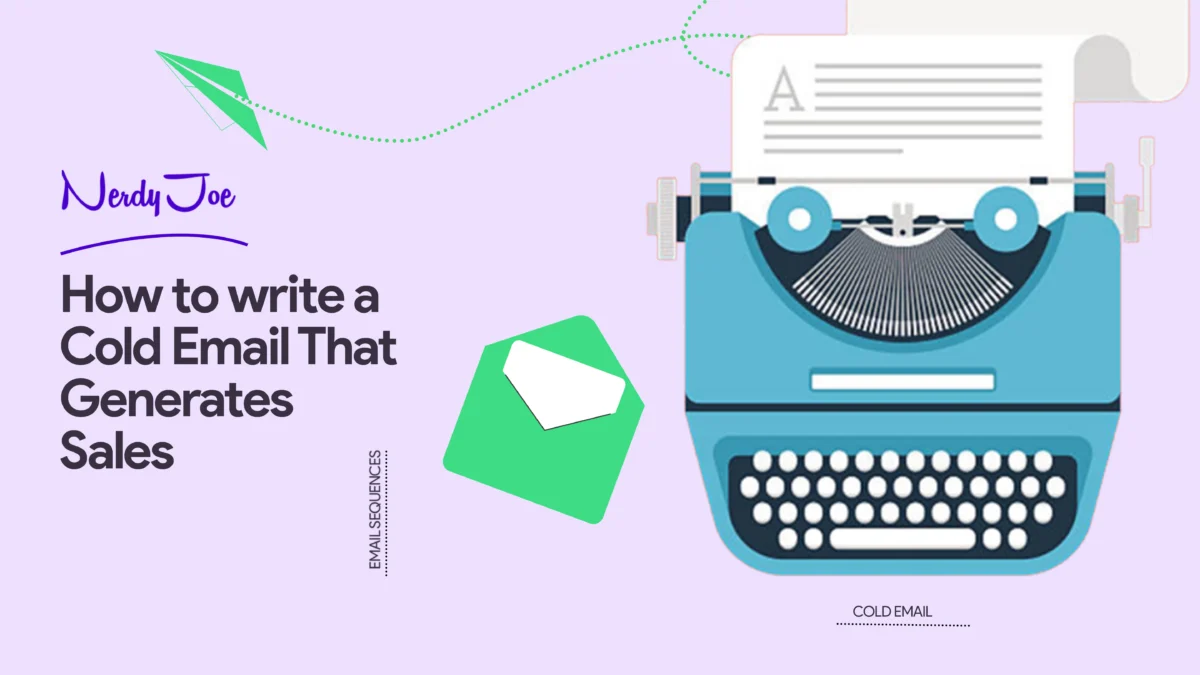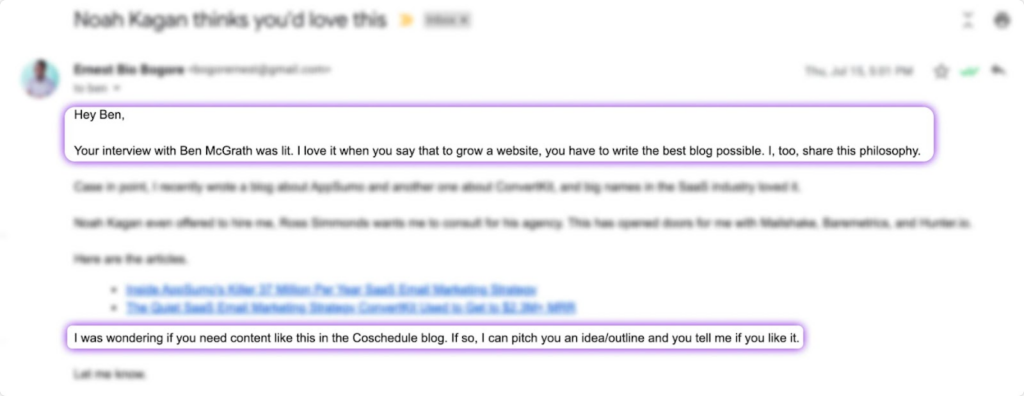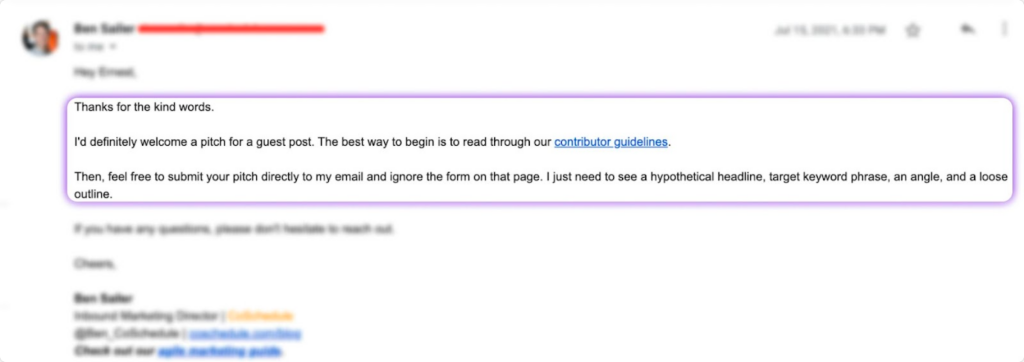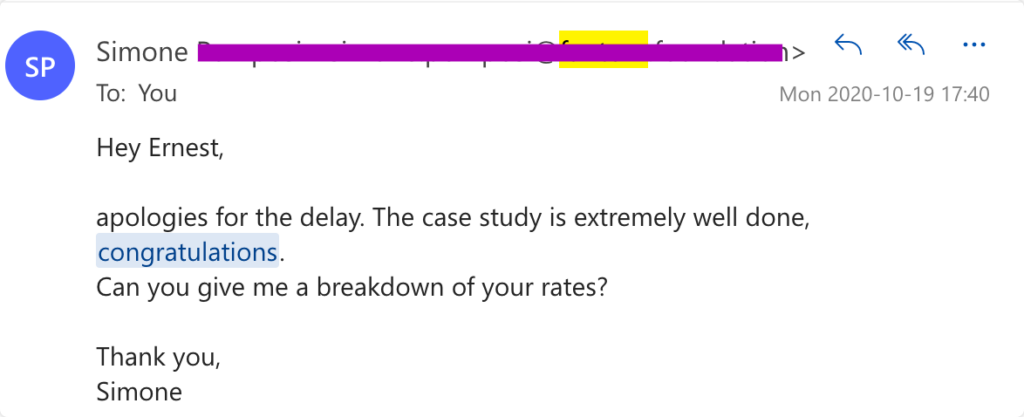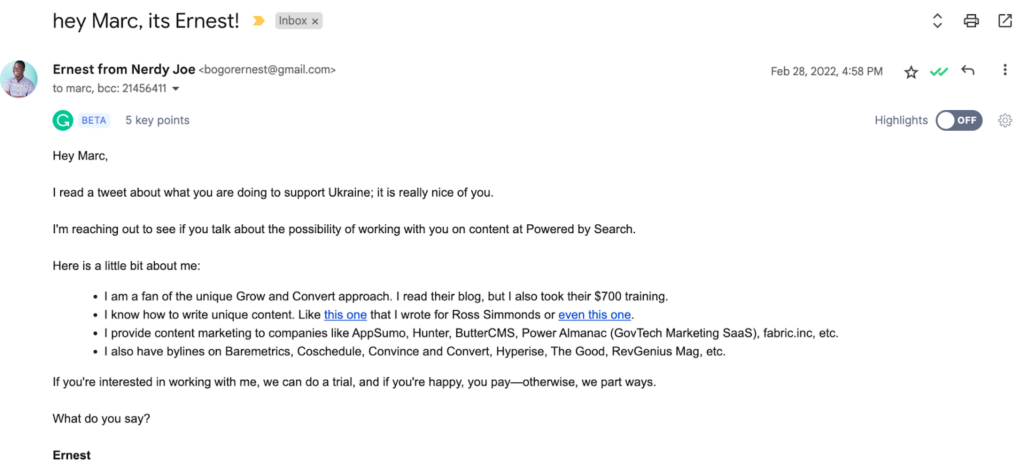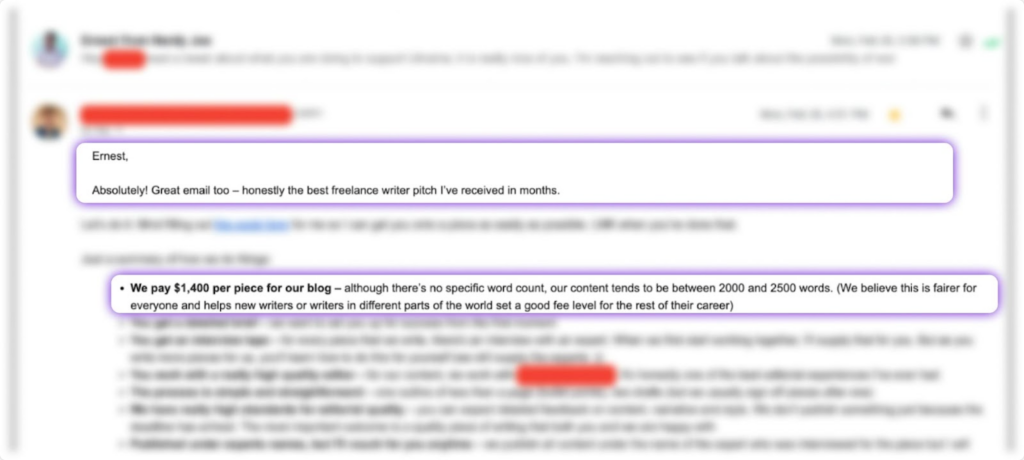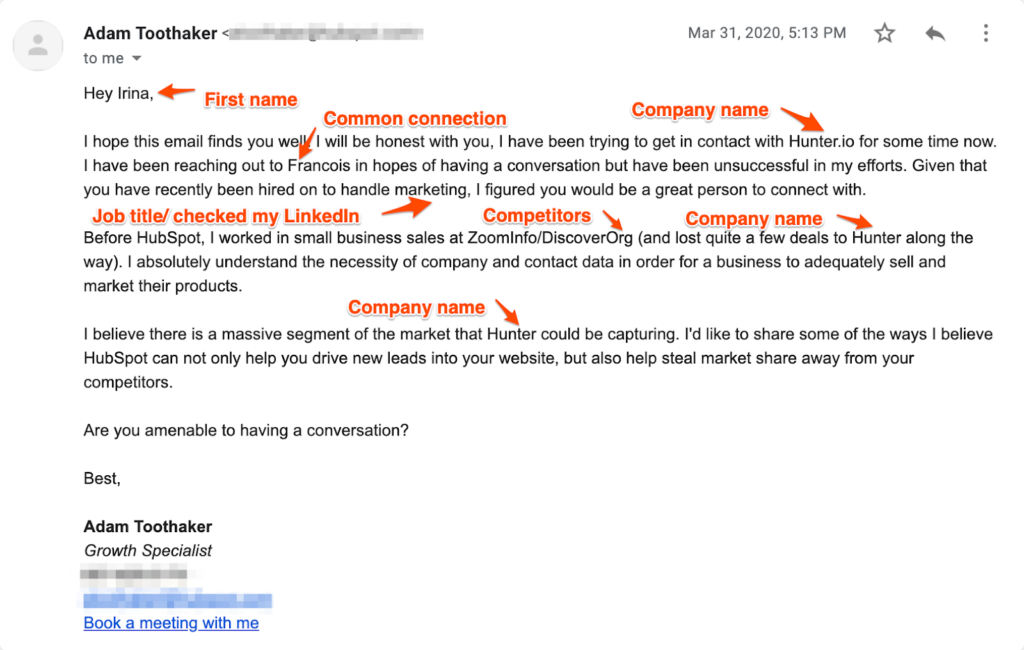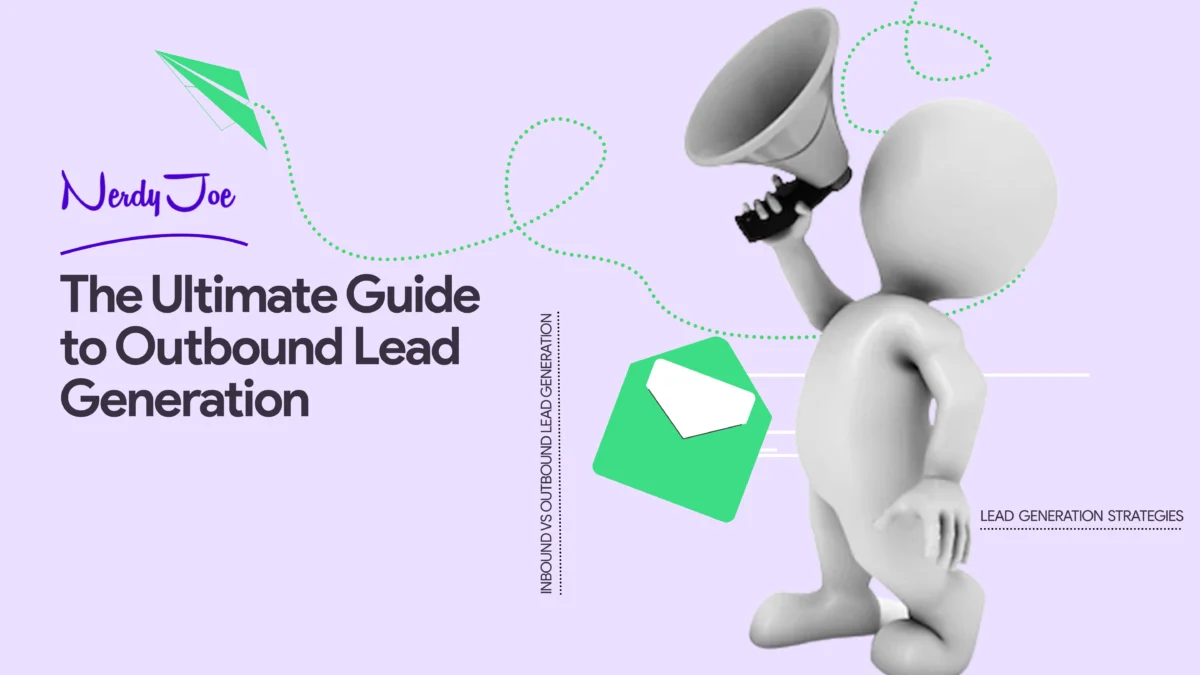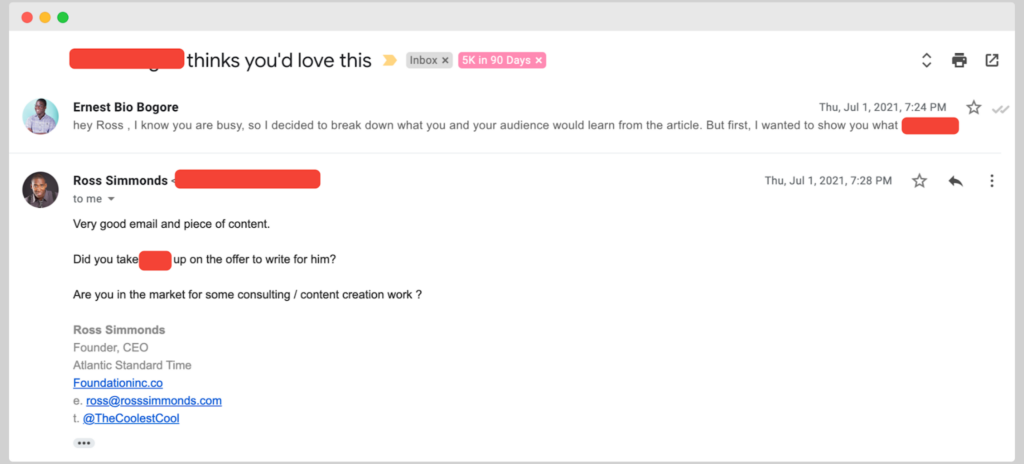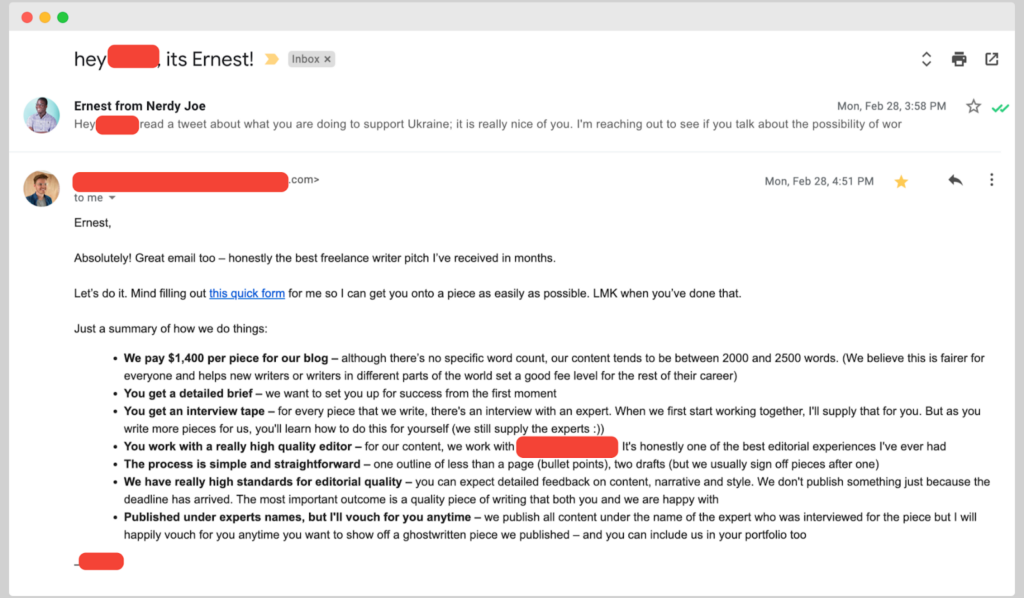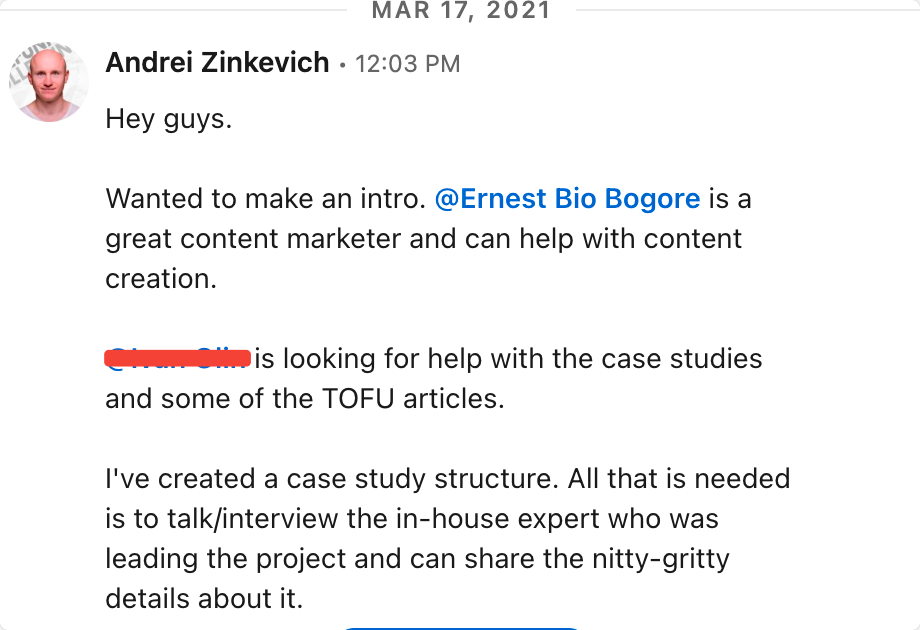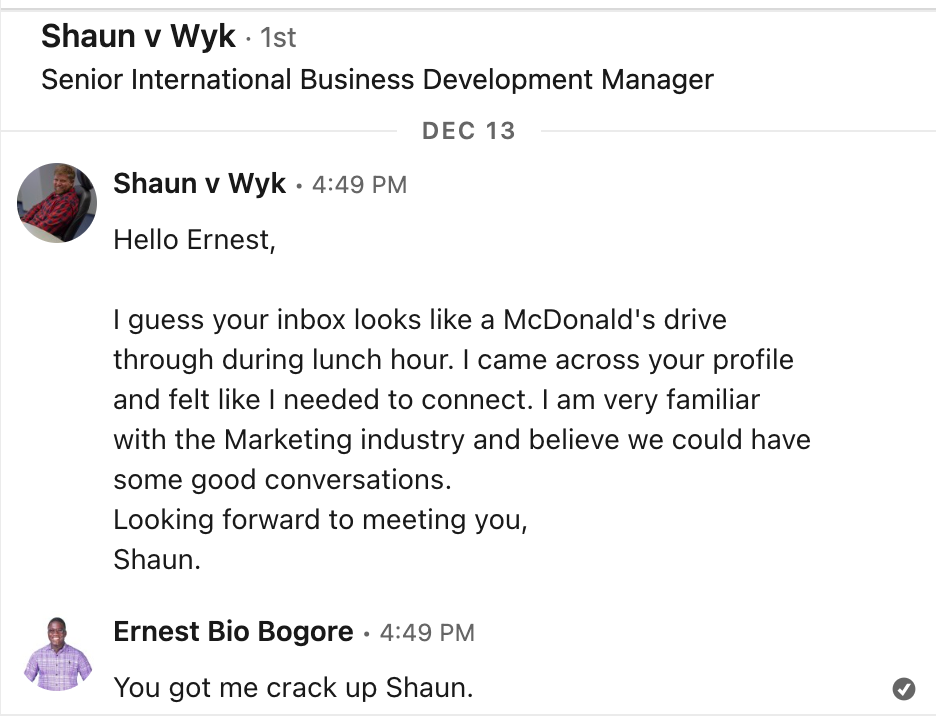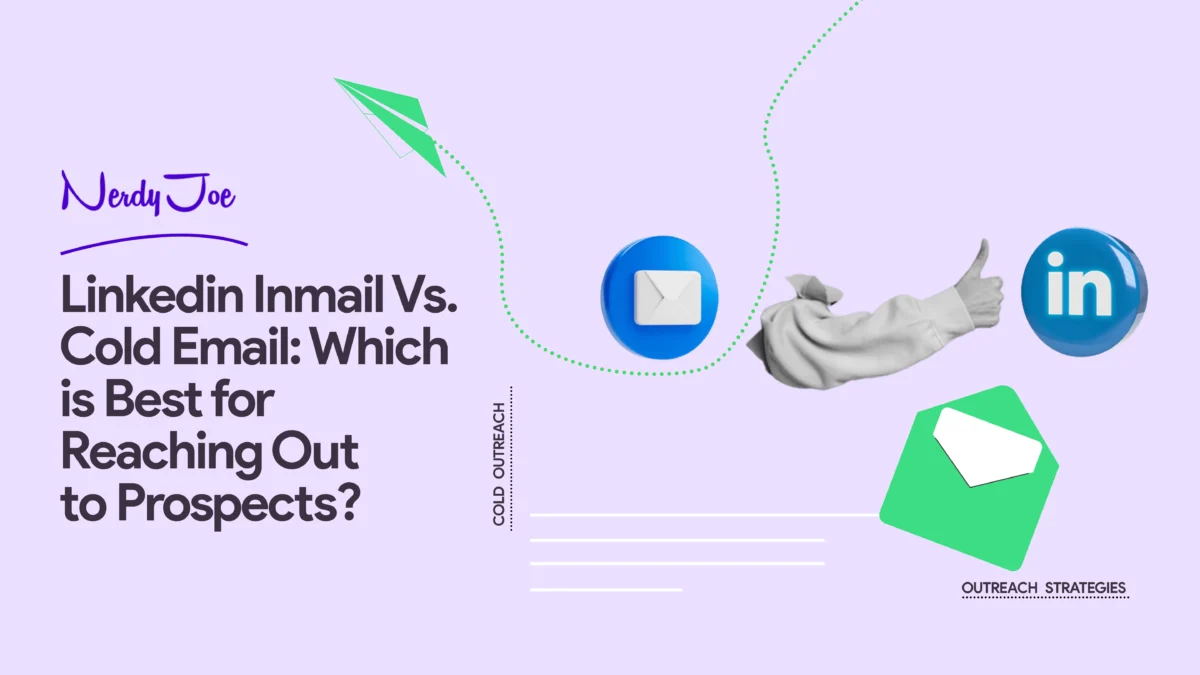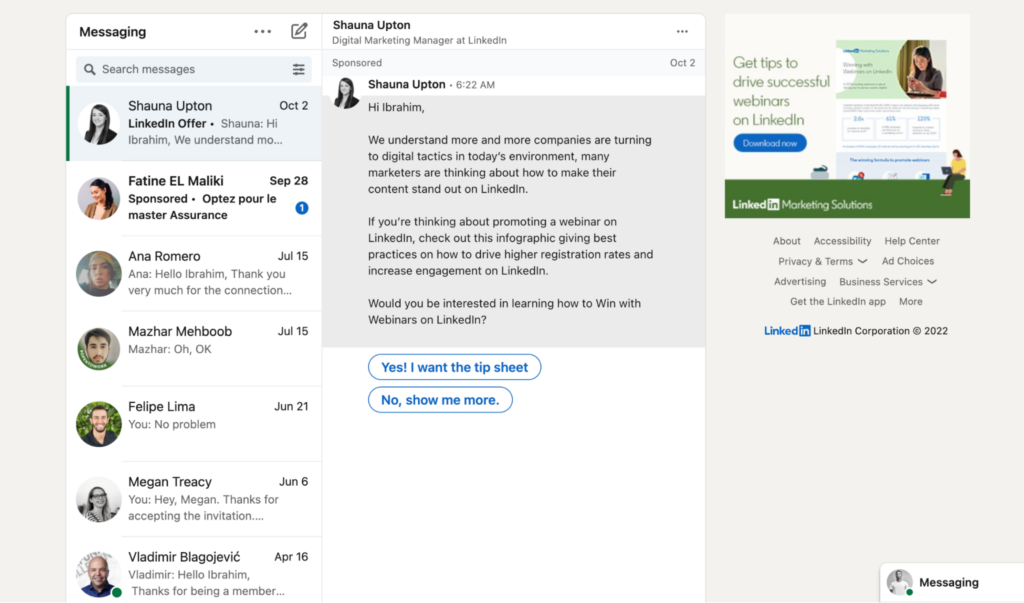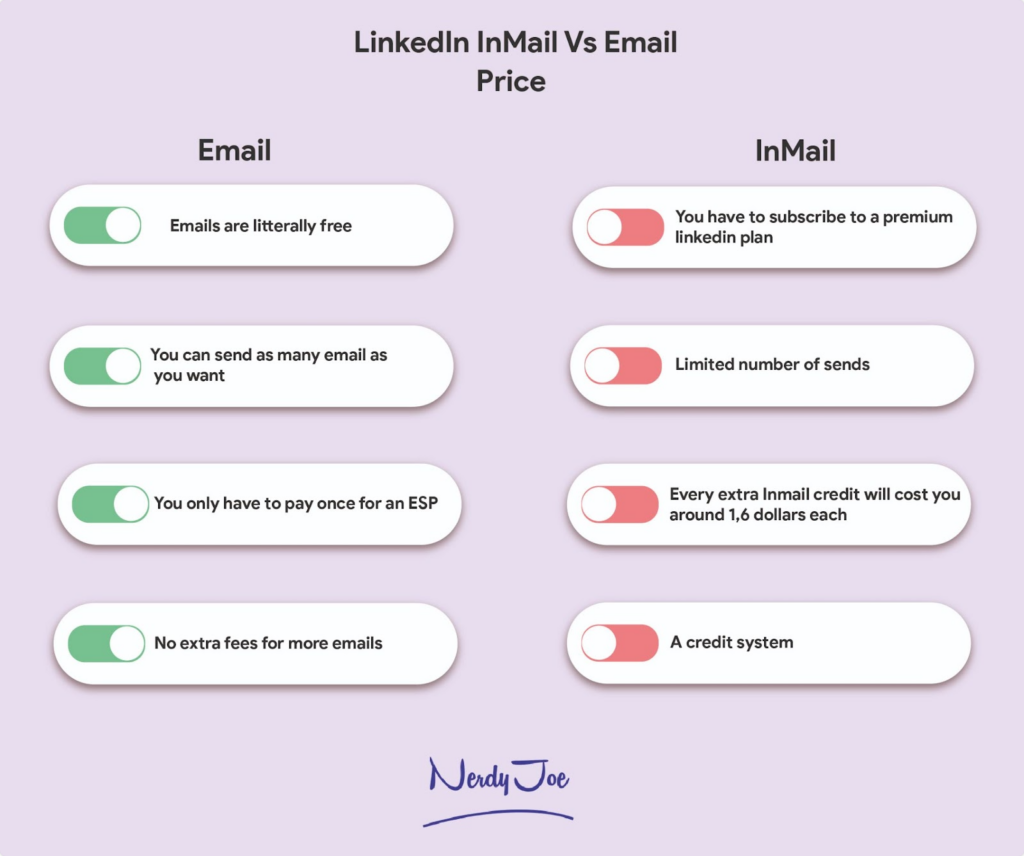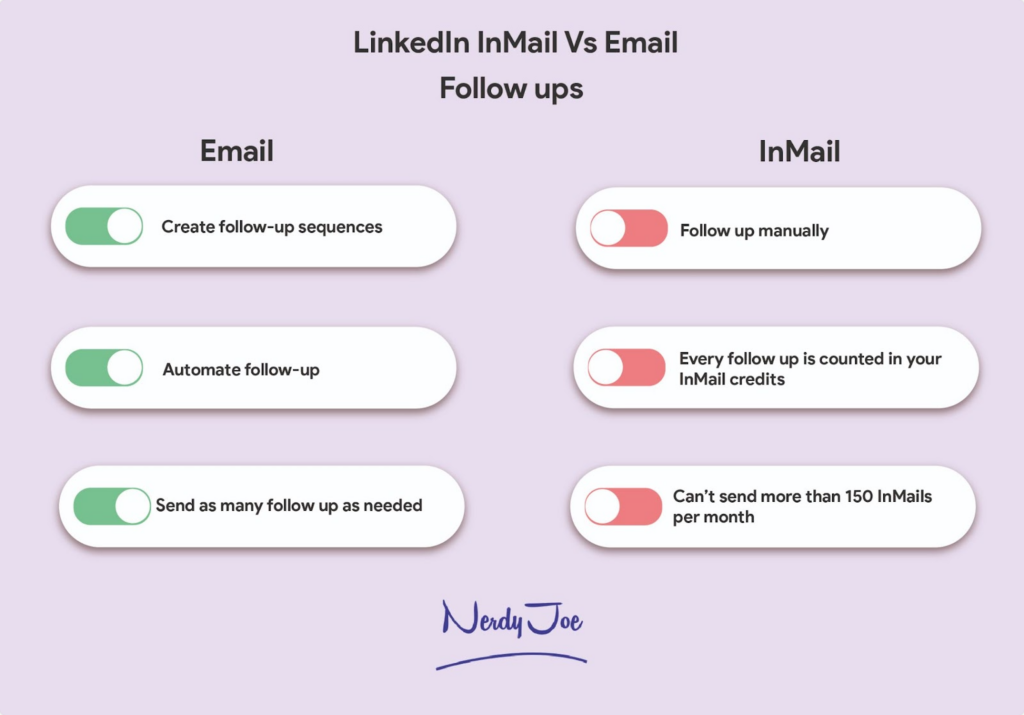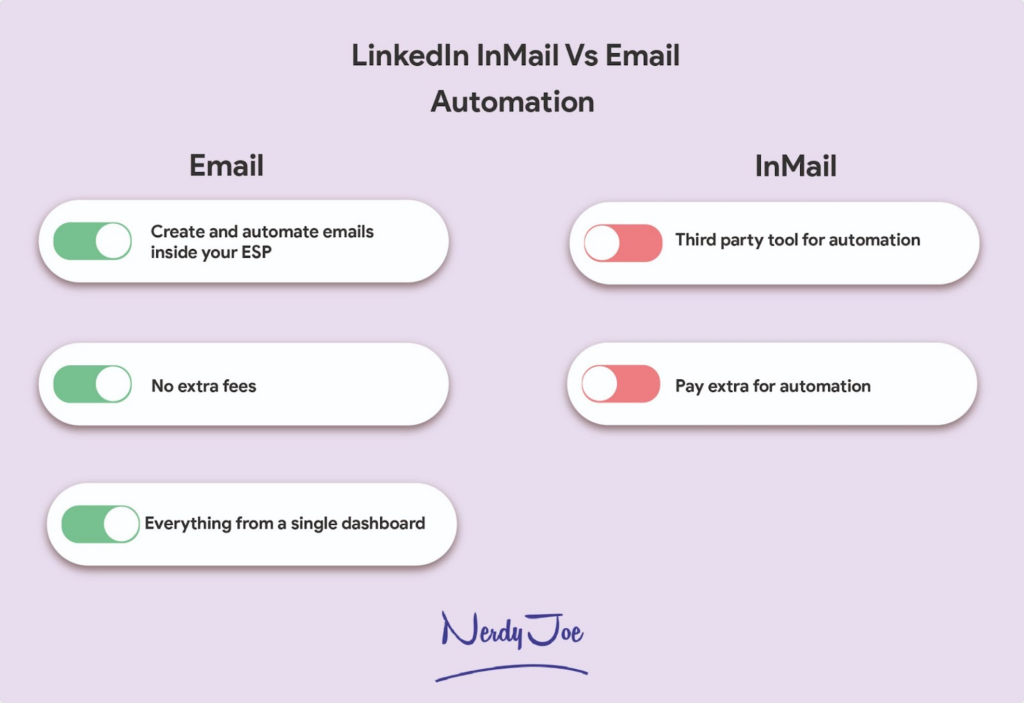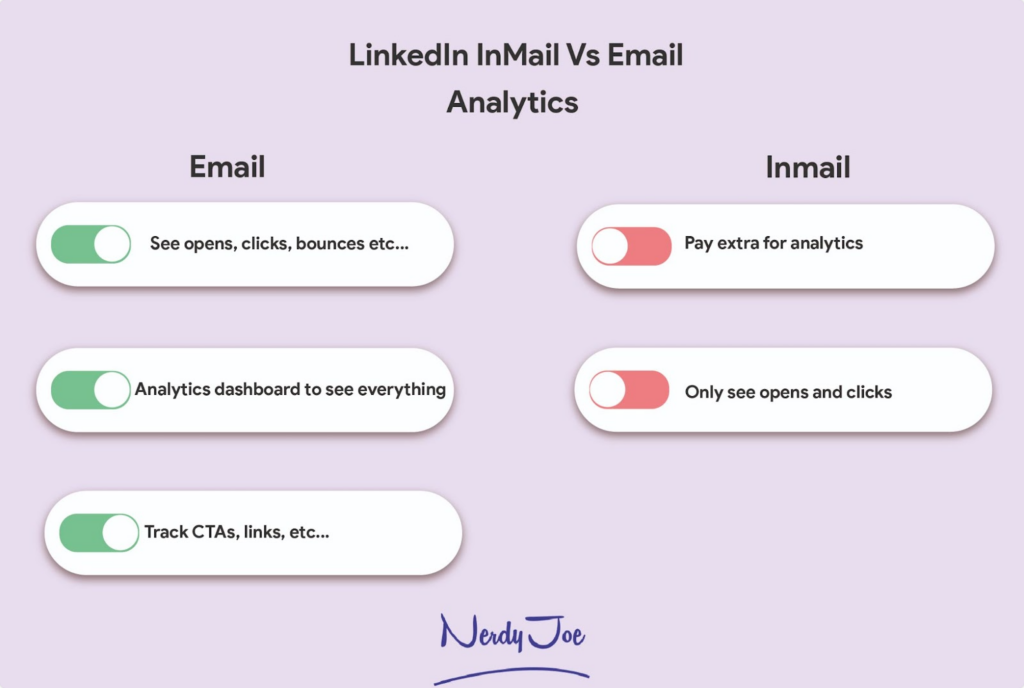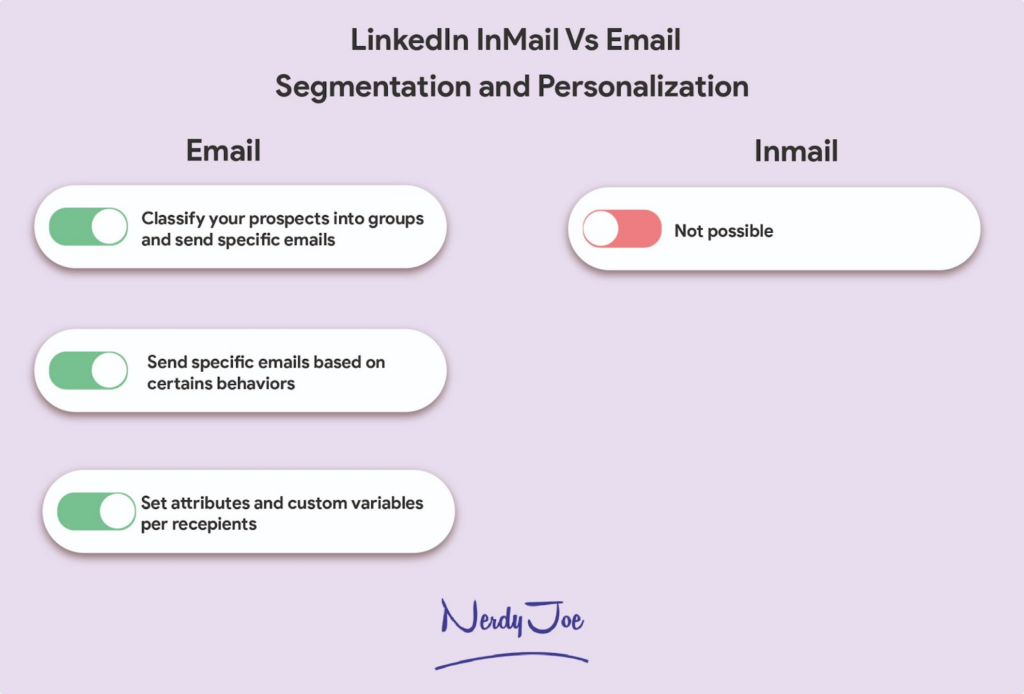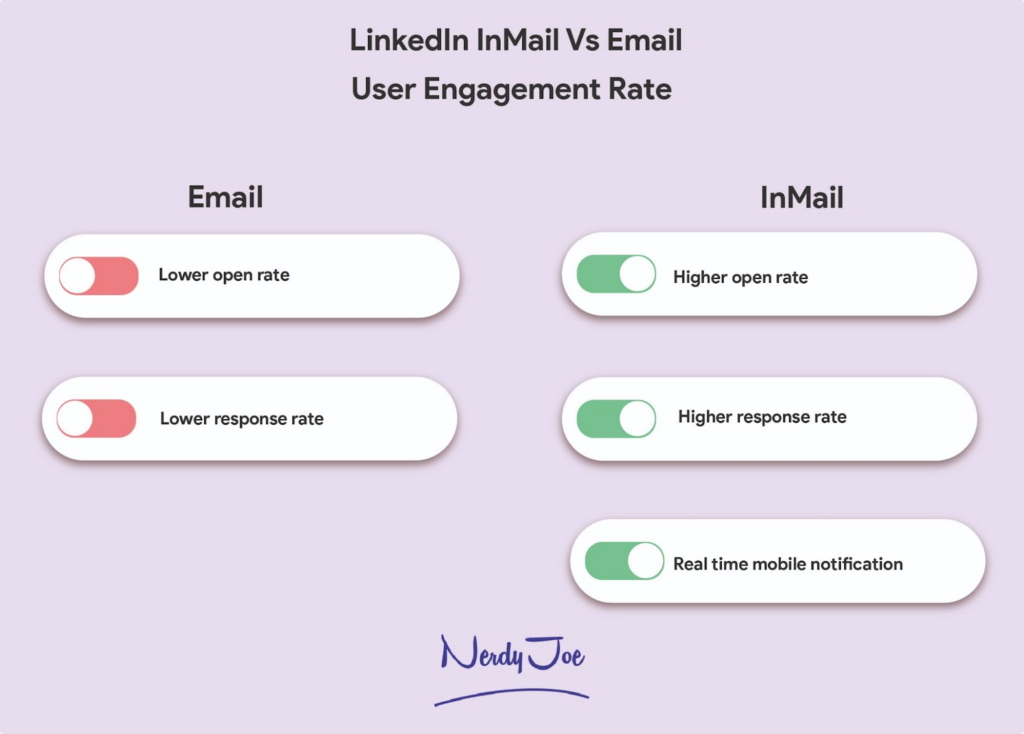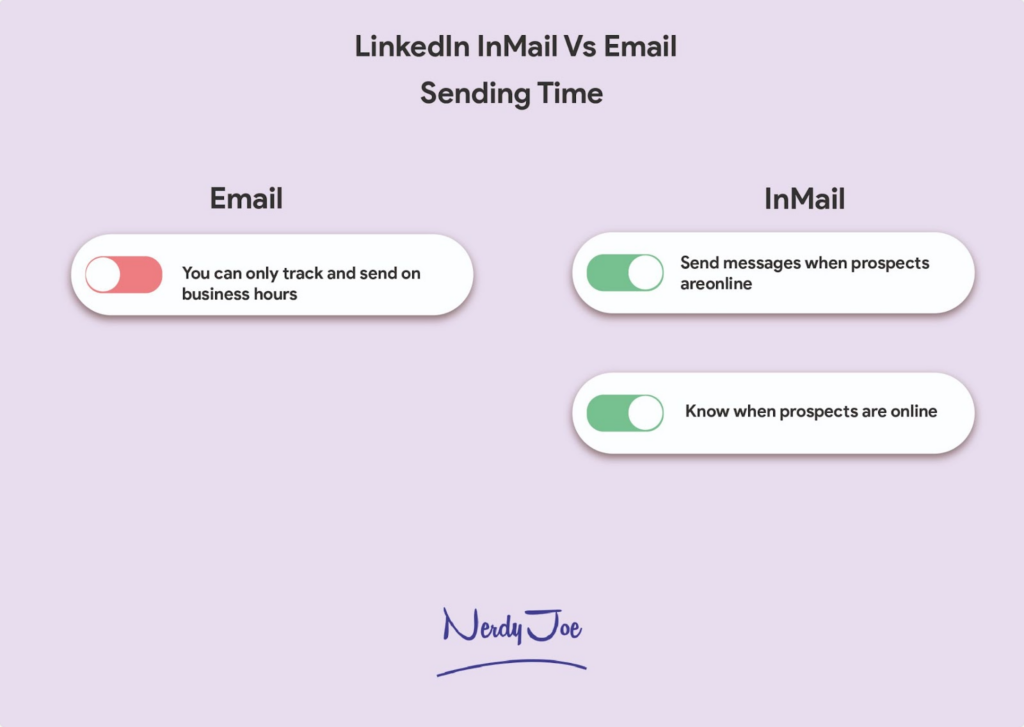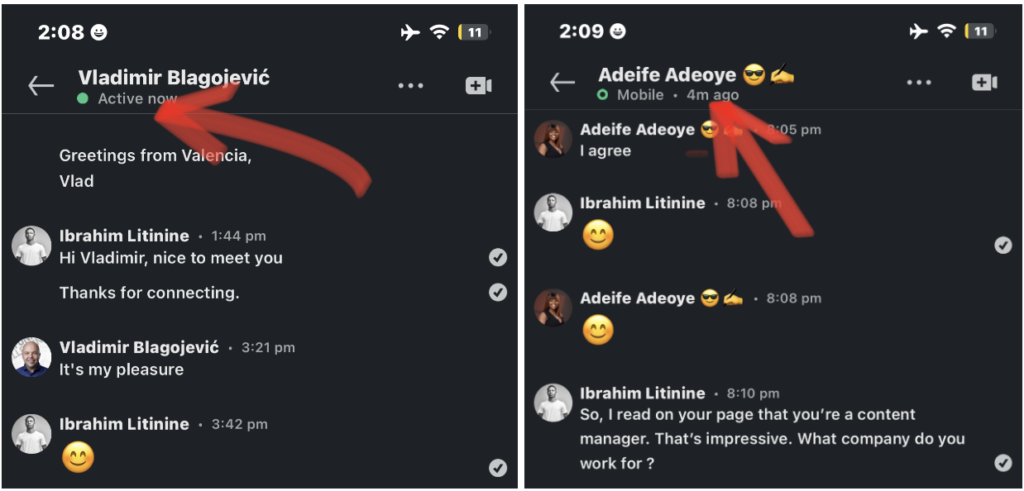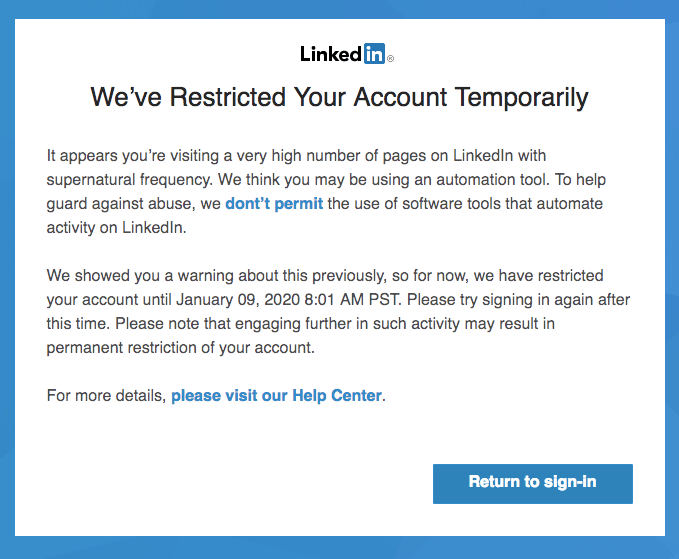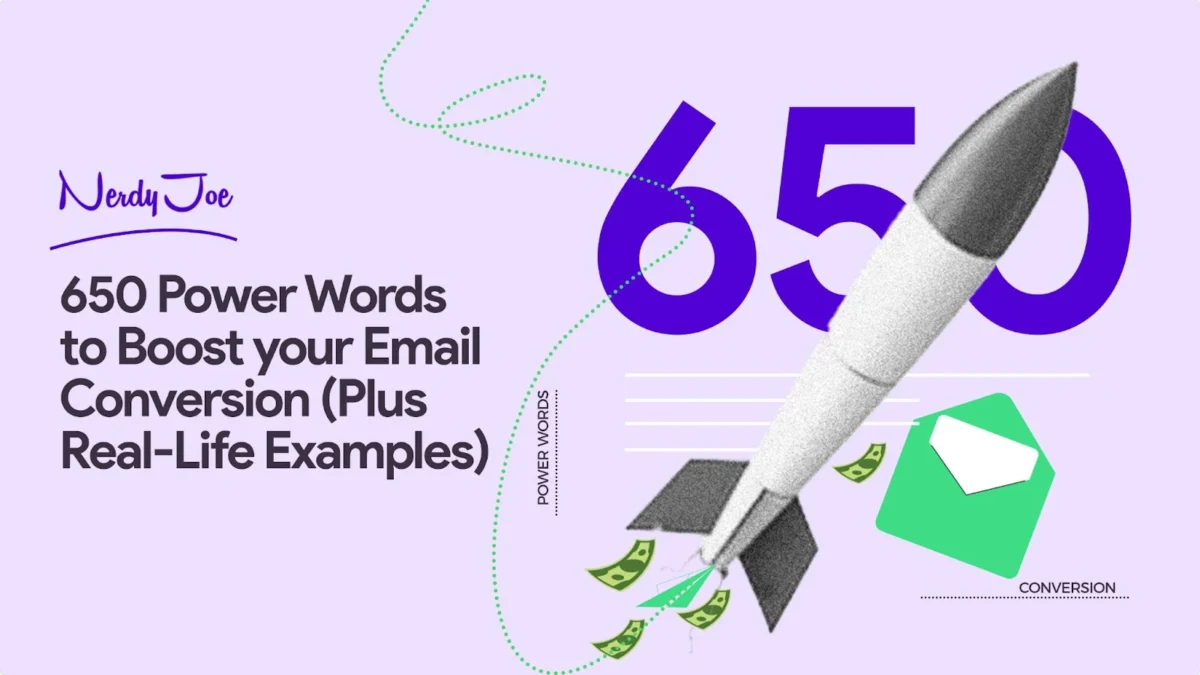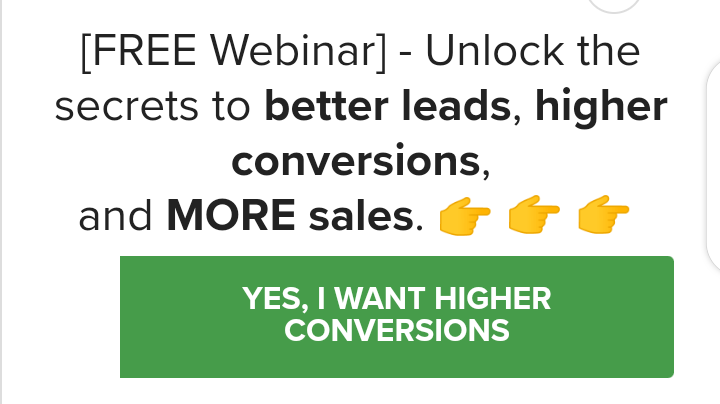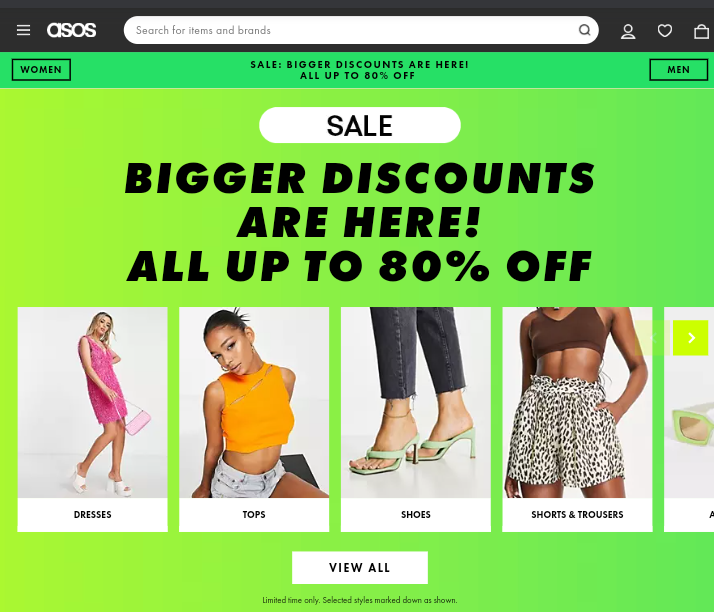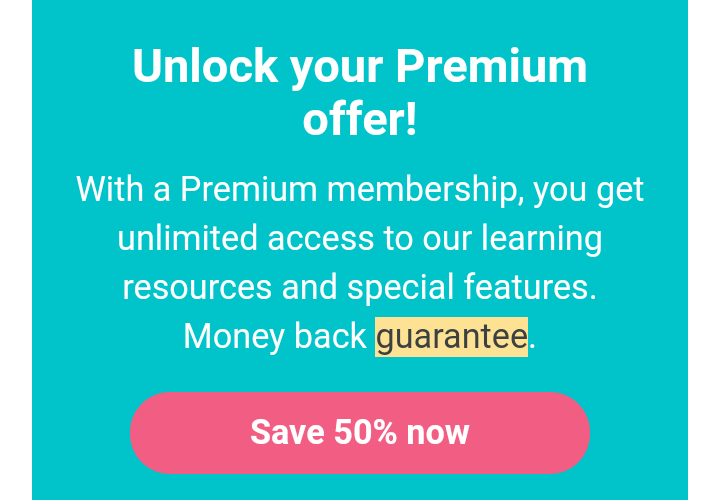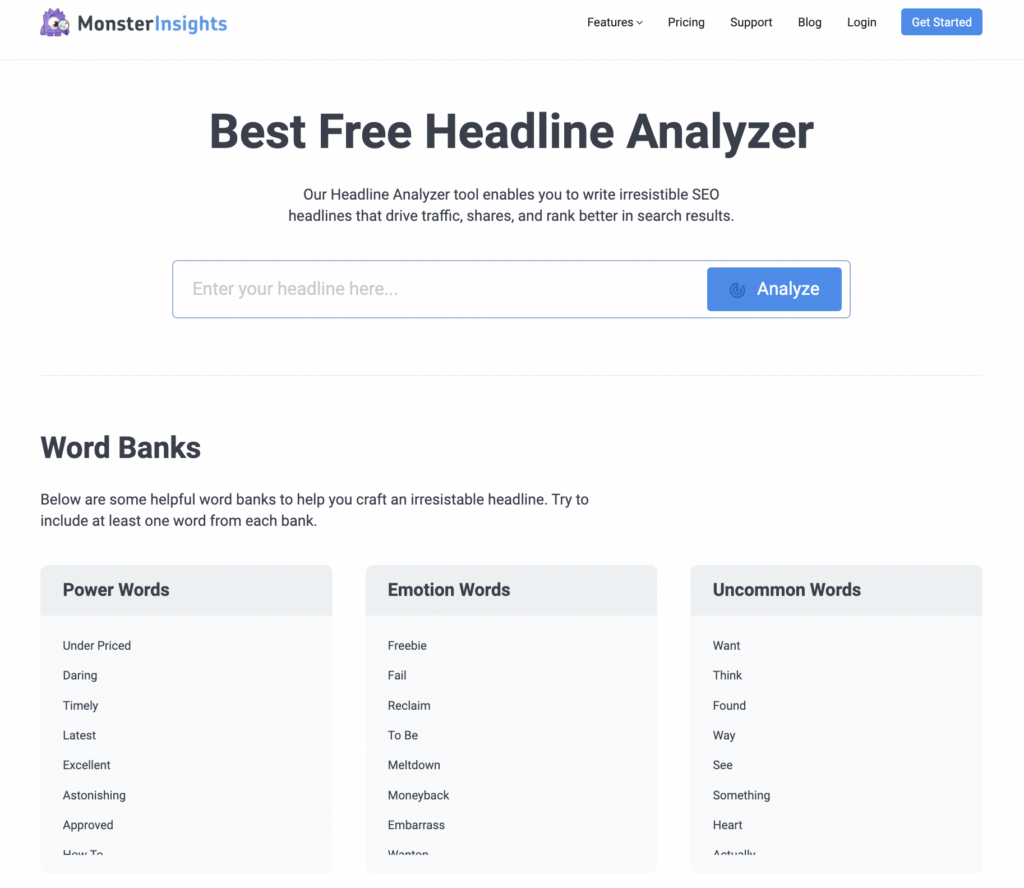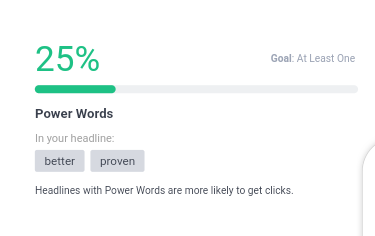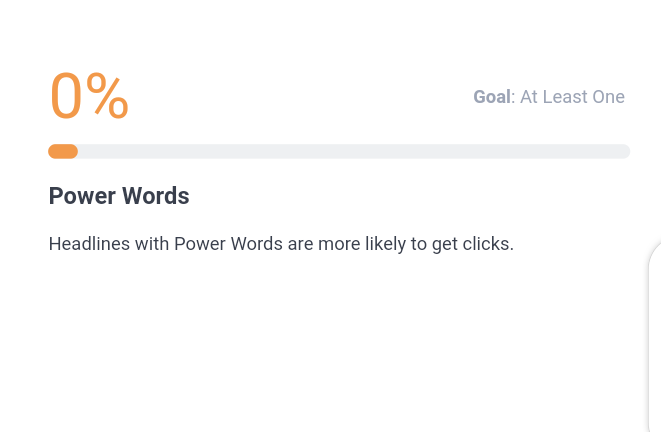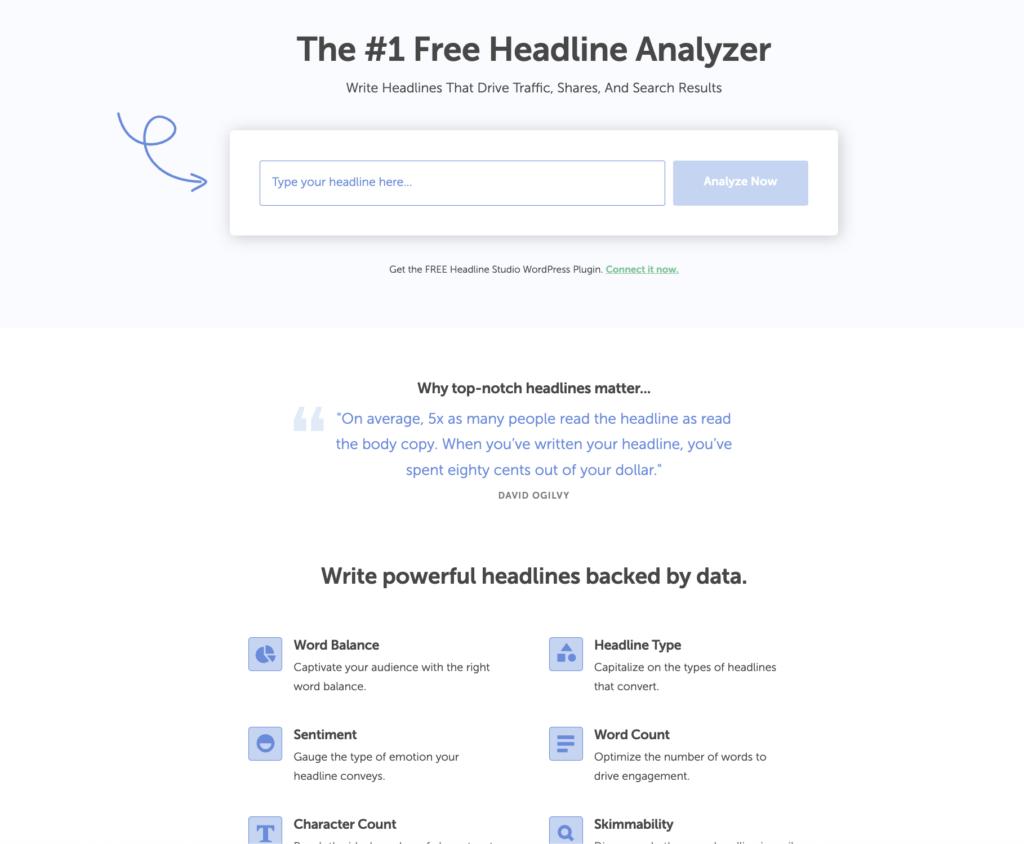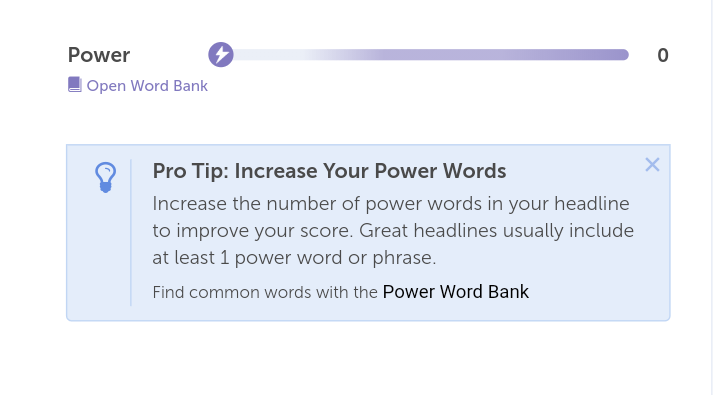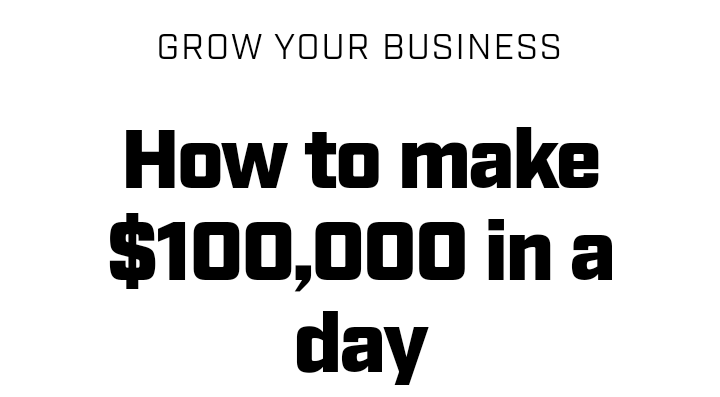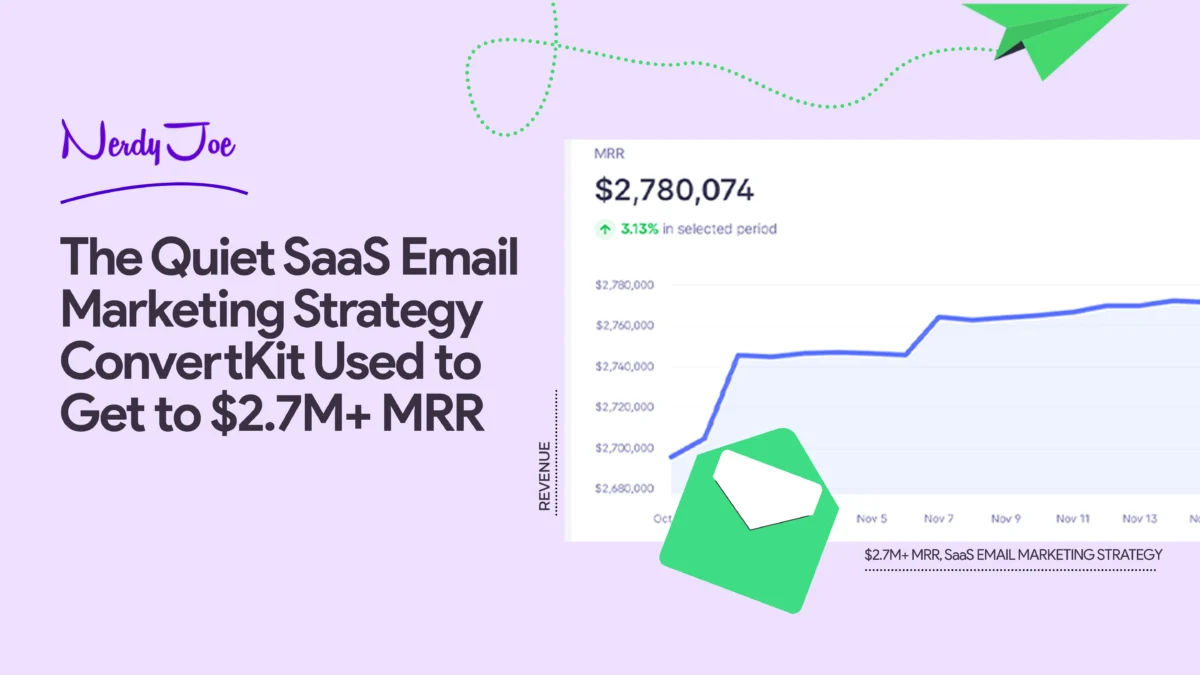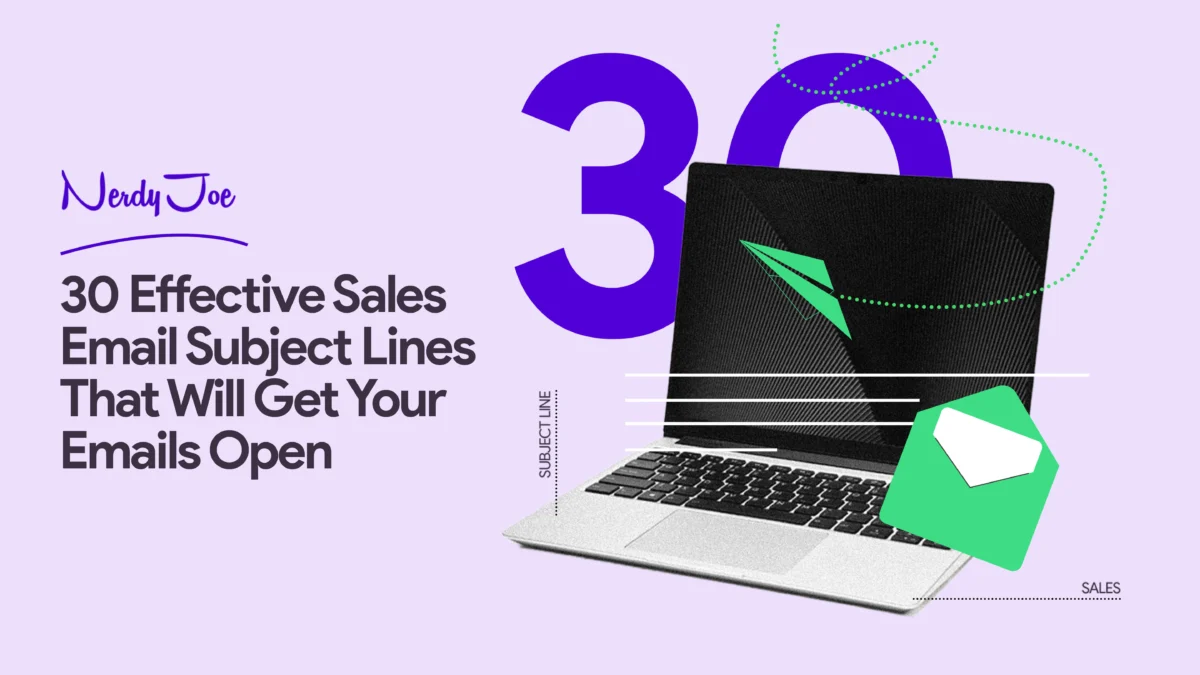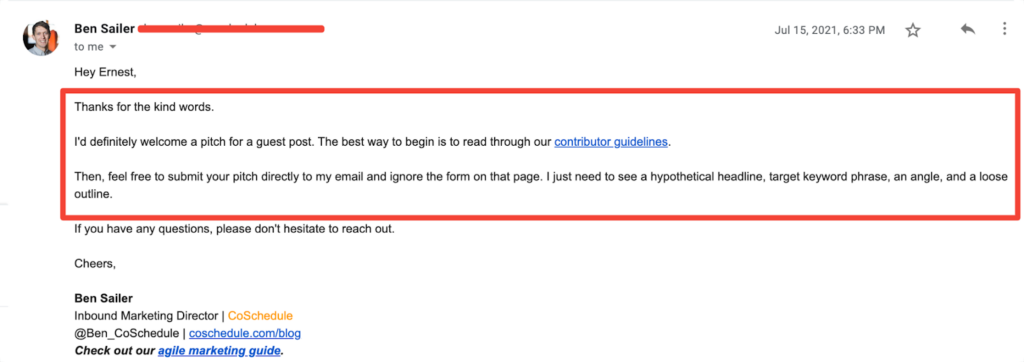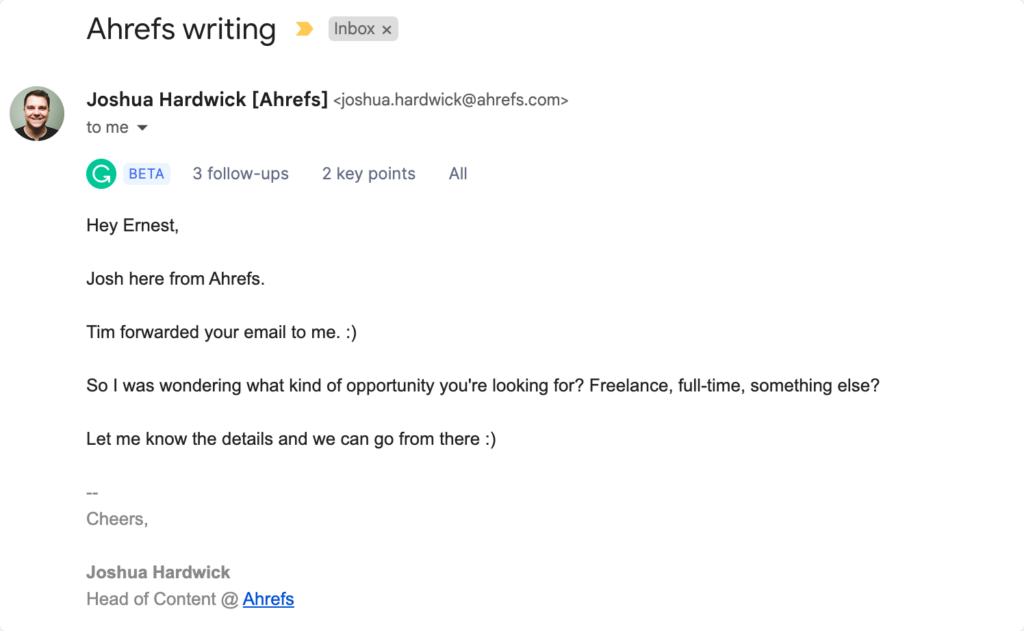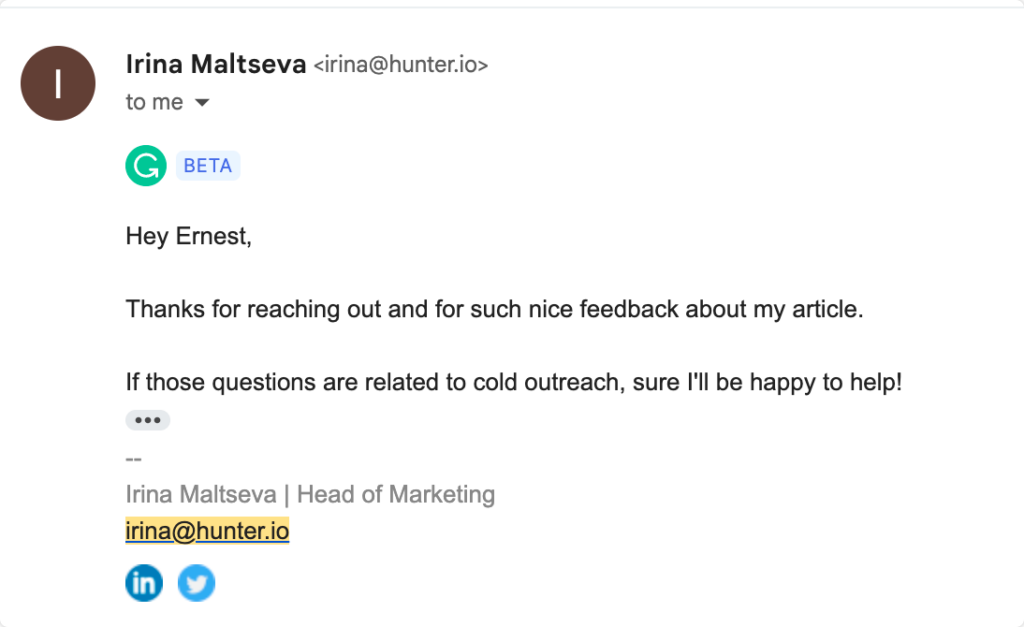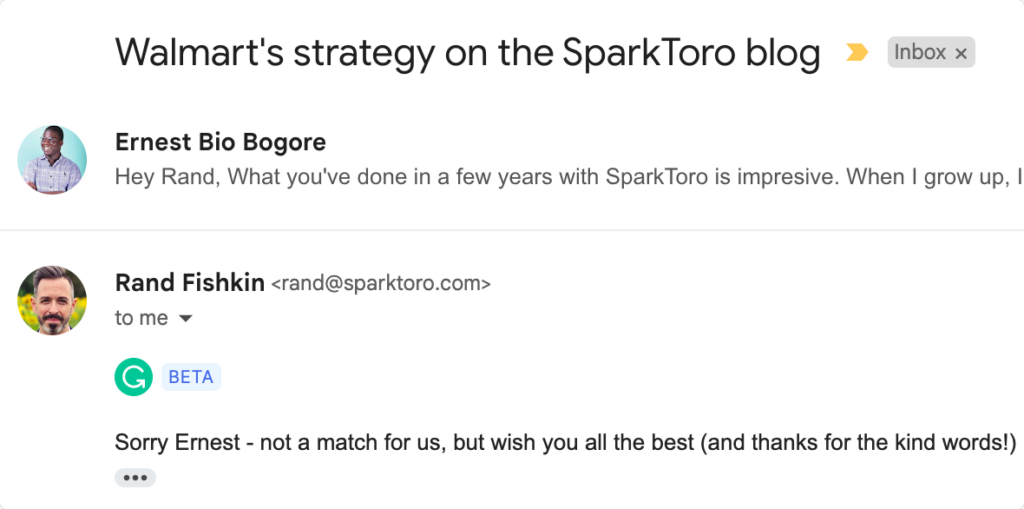15 Best Lead Generation Companies for Small Businesses
Hiring a lead generation or appointment-setting service company for a small company or a startup business comes with many challenges. Even though every company on the marketing will promise great results, you still need to consider elements outside the service.
Here are some characteristics that are typical of small businesses and startups when it comes to hiring lead-generation services:
- Low budget: You will likely be on a low budget and can’t afford a service that costs a lot.
- Can’t afford contract-based service: You can’t afford to pay or make long-term investments. You want results fast and can’t wait for months.
- Only interested in ROI-driven service: You are concerned about the results you’ll get from the money you invest. You want to know what you’ll get before signing up with a lead generation company.
- Want a customized approach: You want them to employ a unique approach to list building and targeting that is effective and representative of your brand.
These are only a few of them. In this article, we will list the top lead generation companies that fit these criteria. We’ll also discuss why Nerdy Joe is your best choice for a small business lead generation company.
What to consider when hiring a lead generation company for a small business
As a small business, you need to consider some factors when hiring a lead generation company that can work with you. This checklist will help you evaluate your decisions and ensure you select the best lead-generation company for your small business.
1 – Definition and source of leads
Many lead generation companies define and source leads using a unique approach. One key to selecting one of these companies is by asking questions. Ask questions about how they define their leads. Do they qualify leads based on your ideal customer profile? Or do they just surf the internet to give you tons of random email addresses?
Also, ask questions about where the source of their leads. Do they use third-party data sources? Or do they carry out their prospect research? Asking questions enables you to understand how the company works. If they fail to give you a detailed response about what you are looking for, you may have to discontinue business with them.
2 – Technologies
Different lead generation companies make use of different tools to do their task. However, an experienced lead generation company will have the tools and technologies to effectively manage and optimize their campaigns.
You can ask about the technologies they use and even research them to fully understand how it works. If you have any challenges with their technologies, it may hinder you from getting the desired result.
Some of the tools you can look out for include lead verification tools, CRM tools, email automation, call tracking, SEO and CRO tools, analytics and reporting tools, and marketing automation platforms.
3 – Pricing
When hiring a lead generation company, you must understand the pricing packages attached to the result they promise. Sometimes, the pricing package may be too high. So, ask questions about the value of your money.
If you are satisfied with their answers and think what they offer is worth your money, you can proceed with them. If not, you may have to consider looking elsewhere.
4 – Measuring performance
Every lead generation company has its way of measuring its lead generation campaign. The most important thing to look out for is how they measure their campaign performance and whether it aligns with your marketing and sales objectives.
Some common KPIs you can consider include:
- Number of new prospects
- Number of sales appointments scheduled
- Number of sign-ups or registration
- Number of verified contacts
- Lead to close rate.
Best 15 Lead Generation Companies for Small Businesses
Need a lead generation agency to generate leads for your small business? Here are 15 lead generation companies you can consider.
1 – Nerdy Joe

At Nerdy Joe, we are dedicated to supporting small businesses and startups like yours in their growth journey by providing top-notch lead-generation services that translate into paying customers.
Our team of experienced marketers leverages a proven lead-generation process to attract and engage potential customers through cold emails and email marketing.
What sets us apart from other lead generation agencies is our steadfast commitment to quality. We recognize that generating leads is only the first step; the real challenge is converting those leads into loyal customers for your business.
That’s why we concentrate on creating leads that not only show interest in your product or service but are also more likely to make a purchase.
We acknowledge that every small business and startup is unique, which is why we always provide personalized lead-generation solutions tailored to your particular needs.
We work closely with our clients to gain a deep understanding of their unique needs, and we customize our services to deliver the results they desire.
Whether you’re looking to expand your startup or scale up your small business, our team of experts has the knowledge and resources to help you attain your objectives.
Why Nerdy Joe is the best lead generation service provider for small businesses
There are a couple of perks and approaches that make us a unique lead generation company for your needs as a small business. Here are the main reasons you need to consider Nerdy Joe.
We care about your ROI: so you pay us for the results we get for you, not for the number of emails
We understand that as a small business or startup, you are tight on your budget, and so your focus is on getting results that will increase your ROI.
That’s why we don’t charge you based on the number of emails we send or the work we do. Instead, we only charge you for the results we deliver.
This might seem a little confusing to you, or it may not paint the whole picture, so here is what we mean.
There generally are four types of startup marketing companies:
- Those who’ll charge you based on the number of emails they send or the number of contacts they put in your list.
- Those charge you a monthly fee and promise you’ll get the best leads ever but never deliver on their promise.
- Those that call everyone who’s downloaded an ebook or PDF a LEAD and charge you for that.
- Those that charge you based on the number of QUALIFIED leads they generate for your sales team.
We belong to the last type of lead generation company, which means we care about your ROI and prioritize bringing you great results.
We don’t promise you the world with a monthly fee, nor do we charge you for every download of an ebook or PDF. Instead, we charge based on the number of qualified leads we generate for your sales team.
Our experts measure success using metrics that matter, such as the number of positive replies, meetings booked, and lead-to-close rate. We don’t focus on vanity metrics like open rate, bounce rate, or click-through rate.
For example, if you want to increase the customer base for your SaaS product, we’ll report on the number of new sign-ups, positive replies, demo calls booked, and new clients acquired. Our offerings are tailored to your company’s goals and the outcomes that matter most to you.
Excellent, specific targeting approach: we don’t believe in a high-volume approach to cold emailing.
This is not us being braggadocious, but we’ve reviewed most of the lead-generation and appointment-setting companies on the market. The main pattern we pick up is that when it comes to doing outreach, their main approach consists in:
- Getting a general idea of who your ICP is without diving into their pain points
- Using a data intelligence tool to build huge prospect lists rapidly,
- Hand-curating those leads and putting them into spreadsheets,
- Creating basic personalization emails like studying a single persona and personalizing the email or message (using a template) accordingly for every prospect they target,
- Sending mass 1000s of cold emails or messages to those leads
Most lead generation companies bet on numbers. They believe in sending thousands of emails, getting a few replies, and clients closed. They imagine scenarios like sending 1000 cold emails a week, you’ll have at least 100 replies, and 10 booked calls or clients closed.
This could work. We are not claiming that it won’t. But here is a quick question for you. How would you like your brand or company to be represented? Or here is another, which of the following lead gen agencies would you choose?
- A: One that builds huge lists of thousands of people and blasts them with generic emails and hopes to convert a reasonable percentage of them.
- B: On that builds a well-researched list of 30 prospects and crafts personalized, relevant and compelling emails to reach out to them and close a good deal of them.
B, yeah? That’s what we figured.
The thing is, the A agency could get you results too. Because it’s easy to believe that cold outreach or lead generation success is a matter of volume. The more cold emails you send, the more likely you are to close clients.
But that’s the best way to damage your brand and your relationship with prospective clients. Here are some well-known issues attached with targeting huge prospects lists.
- ESPs and ISPs will flag your email and IP addresses as spammers.
- They’ll kill your company’s reputation, and you’ll get a bad rap on social media.
- The quality of the leads you get will be subpar.
- Your domain will face severe deliverability issues.
- And more.
We believe in the power of targeted marketing and personalized messaging.
Before sending a single email, we invest time in learning about your ideal customer profile (ICP) to create tailored messages that resonate with your audience. Our goal is to make each recipient feel like we understand their needs and interests so they wonder why they haven’t heard from you before.
Unlike sending out mass emails to large prospect lists, our approach is to send a smaller number of highly personalized emails to a carefully selected group of prospects. Our ideal scenario is to send 20 emails, receive 15 replies, get 10 positive responses, and ultimately secure four sales-qualified leads or sign-ups for your business.
But what do we mean by personalization? It’s not just about inserting a recipient’s name into the email subject line. Rather, we take the time to craft each email to be relatable and timely, addressing specific pain points or challenges that your target audience may be facing.
Here’s an example of how our personalized approach can make a real impact: we recently reached out to a VP of Marketing who had a history of blocking or reporting SPAM emails.

By creating a tailored message that spoke directly to his needs, we were able to elicit a positive response and start building a relationship with this potential customer. Here’s another example where we pitched a Head of Marketing, and here’s the response.

You might wonder where we get information about each prospect or member of your target audience we use for personalization.
First, upon signing a new client, the first thing we do is ask about their ICP.
Manual list building with an unwavering commitment to quality
As we said earlier, we don’t send emails to huge lists. It is part of our marketing ethics not to do so. We prefer to target a short list where we can ensure quality and effectiveness. So, the first thing we do here is to seek to find out about your ICP so we can build a good list.
We don’t purchase the lists. So, to achieve this, we ask questions like:
- Which type of clients have the highest lifetime value?
- Which type of clients is easiest to close?
- Which type of clients churns the fastest?
- What are the top 3 objections you hear from prospective clients during sales calls?
- Why did you start your company?
- What pain points were you trying to solve?
- Etc.
By (you, the client) answering these questions, we can pinpoint precisely who we should target and why — and it gets easy to do it manually. And this type of information makes the difference between:
“We’re targeting series A tech companies,”
And
“Our ICP is a CTO at a software company selling to DevOps, and his main pain points are lack of organization, time management, and team collaboration. He often refers to XYZ podcasts to get insights as to how to manage his team efficiently.”
Once we have a clear understanding of who the ICP is, we proceed to manually build our list, and that’s what we use to run our lead generation campaigns.
Excellent prospecting research
So, where do we get information about each prospect or member of your target audience we use for personalization?
- We listen to podcasts your potential customers have been on.
- We read blog posts they wrote.
- We read their LinkedIn, Twitter, and Mastodon posts.
- We read discussions on forums they’re in.
Using the data we collect, we craft first lines and icebreakers customized to each individual.
Here’s what it looks like in real life. We pitched CoSchedule’s Head of Content, Ben Sailer and asked him if we could write for them.

Here’s what he replied 1 hour later.

Here is another successful example from a similar strategy.

As you can see from both screenshots, the cold emails sent to the prospects were so compelling that they couldn’t help but acknowledge it before offering to hire us.
You don’t have to sign retainer agreements and contracts: You are free to stop your subscription based on satisfaction
When it comes to B2B lead generation and startup marketing companies, it’s common for them to ask for a 3 to 6-month contract before starting to work together.
They explain that they need time to test and that the purchase journey is long. The problem with this approach is that you end up paying every month, even when you don’t get the results you were promised. This can be a huge investment with nothing to show for it.
At our company, we offer a subscription-based service that guarantees results from the first month. You get to decide whether to continue working with us based on your satisfaction with our service and your budget.
Basically, our subscription-based service is designed to provide you with flexibility, risk mitigation, and accountability while ensuring you get the results you need to grow your business.
This eliminates the stress and uncertainty of long-term and binding contracts, and you know exactly what you’re paying for from the beginning.
Pricing
Our marketing service’s pricing is crystal clear. We have three plans:

- Silver: It costs $499/month and only gives you one warm LEAD.
- Gold: This is the plan we recommend, as it gives you the biggest bang for your buck. It costs $999/month and gives you 6 hot and sales-qualified appointments or LEADS.
- Platinum: This plan is for mid-level to enterprise companies willing to fuel their sales team with up to 15 sales-ready leads on a monthly basis.
Our email marketing pricing includes the following:
- The tech stack we use to build your prospect list and send and monitor your campaign.
- A complete list of prospects that fit your buyer persona and ICP.
- The campaign setup fees.
2 – KlientBoost

KlientBoost is a performance marketing agency that helps small businesses to drive more revenue and grow massively. They have worked with various brands such as Airbnb, Juniper, Lytx, Hotjar, Upwork, Segment, FashionPhile, and more.
They also offer various services that focus on generating leads that convert. One primary service they provide to achieve this is email marketing. Here, they conduct research and build campaigns that can guide your customers through the sales funnel.
They also craft killer email content that your ideal prospects cannot resist. Whether it is cold email sequences, nurture sequence emails, newsletter emails, upsell/cross-sell emails, or any other types, they are available to ensure that the emails achieve the desired results.
Contrary to Nerdy Joe, there is no pricing information on their website. However, you can contact them to receive further pricing details.
3 – Lyfe Marketing

Lyfe Marketing is a social media management company that offers various digital marketing services for small businesses and drives results. They are featured in notable publications such as Inc 5000, Entrepreneur, CNBC, Clutch, and more.
Although they mainly offer social media marketing services, they also offer email marketing services targeted to build your customer list and drive sales. According to their website, they have generated over $17,000 in sales. To achieve this result, they implement these processes:
- They ensure that the emails reach your audience
- They build your email list
- They ensure your CRM functions effectively
- They automate your emails
- They segment your lists
- They optimize the landing pages to increase brand engagement and traffic and drive sales.
Their pricing information isn’t available on their website. But you can fill out a form to get a quote.
4 – WebFx

Web Fx is a full-service digital marketing agency that helps to propel small businesses to new heights. They have partnered with various brands, including Kangol, Peapod, Stanley Security, Virginia Lottery, FujiFilm, and more.
They offer various digital marketing services that can help to generate qualified leads and grow businesses. Whether it is email marketing, SEO, or paid advertising, they understand and implement strategies that can increase sales and maximize results.
Just like the above-mentioned services, there are no pricing details on their website. But you can contact them to get more info.
5 – Sapper Consulting

Sapper Consulting is a B2B lead generation agency that can help you accelerate your sales pipeline and grow your business. They focus on helping you find your ideal prospects, spend less time cold calling, and expand your revenue base by closing deals faster.
Here is a comprehensive overview of how they work.
- They start by asking about your business goals and needs
- They identify and deliver targeted leads that fit your small business
- They craft compelling and creative content that resonates with your ideal prospects.
- They also test different messaging variations to see the one that performs the most
- They refine and improve their strategy to attract leads that eventually convert.
Unlike Nerdy Joe, their pricing packages aren’t available on their website. However, you can schedule a consultation meeting to get a quote and other information.
6 – SalesAR

SalesAR is another B2B lead generation agency that generates qualified B2B leads for small businesses. According to their website, they have served over 50 industries and utilize 30+ tools to implement their strategies. Some of the brands they have worked for include Soft Serve, Logaster, Vector Software, Pharmaxi, LightCrest, and more.
At SalesAR, their main goal is to improve the sales of businesses and spread brand awareness among targeted audiences. To achieve this, they undergo the following processes:
- They identify your ICP and analyze the market
- They select companies that are interested in need of your product/service
- They search for the decision-makers of the companies
- They validate the selected contacts
Contrary to Nerdy Joe, SalesAR has a two-tier pricing plan — test and standard plan. However, you must contact them to get a quote.
7 – InfuseMedia

InfuseMedia is a lead generation firm that helps small businesses to generate qualified leads, grow their sales pipeline, and maximize their revenue. They have an extensive database from over 15 million companies and have served top brands such as Microsoft, Google, IBM, Cisco, Samsung, Dell, HP, Adobe, Marekto, Oracle, Intel, and more.
Although they offer various services, their lead generation service mainly involves generating qualified and engaged contacts that fit your business. To achieve this, they search for contacts that meet your specific criteria and nurture them to increase engagement for your sales funnel goals.
Unlike Nerdy Joe, there are no pricing details on their website. But you can fill out a form or book a 30-minute call with them to get a quote.
8 – Coldlytics

Coldlytics is another lead generation agency that helps to generate qualified leads and grow the sales pipeline of small businesses. They serve varieties of industries and utilize proprietary technology to build the prospect list for your business.
To understand how they deliver results, here is a comprehensive overview of their processes.
- They define your task
- They utilize their targeting tools to discover your highest-quality prospects
- Their researchers will work on the task by adding the leads to a spreadsheet
- Once the list is ready, they conduct a validity check to verify the email addresses and begin the outreach process.
Coldlytics offers a three-tier pricing plan for their service, and this includes:

- Lite plan which costs $99 per month
- Basic plan which costs $299 per month
- Pro plan which costs $599 per month
9 – Pipeful

Pipeful is another lead generation company that provides small businesses with accurate data needed to grow their sales pipeline. According to their website, they have sent 300 million work emails and have served 75 industries.
Their main goal is to discover, store, and provide their clients with accurate data which helps various sales professionals and revenue leaders. With Pipeful, you can gain access to your prospect list before you make a payment. You can also get a refund for each invalid email address.
Their pricing package is as follows:

- Startup plan, which costs $1,997 per month
- Business plan, which costs $9,970 per month
- Enterprise plan, which requires custom pricing.
10 – Operatix

Operatix is also a sales acceleration company that helps small businesses and enterprises to accelerate growth and improve their sales pipeline. Some of the emerging businesses they have worked for include Qubole, Aryaka, BigId, Actian, Sentinel, Project44, and more.
They mainly focus on hitting sales targets and growing businesses. To achieve this, they understand your value proposition, identify and engage your top priority account, and get you in front of decision-makers to fuel your pipeline with qualified sales opportunities.
You can use their sales pipeline calculator to find out how to reach sales targets. If you want any other details, you must get in touch with them.
11 – Revenue River

Revenue River is a digital sales and marketing agency that helps small businesses to solve sales problems and drive better results. They serve various industries and have helped many companies, including Ecolane, Blüm, Logic, Deuter, and ORR Safety.
Among the services they offer is sales enablement service, where they modernize your sales process to unlock a new level of growth and increase revenue. Here is a comprehensive overview of their process.
- You schedule a call with them and give them visibility into your sales processes
- You allow them to audit your current state and uncover sales opportunities
- They identify the problem and suggest solutions that can grow your revenue.
Contrary to Nerdy Joe, their pricing details aren’t available on their website. But you can call or chat with them to request a quote.
12 – Sales Hawk

Sales Hawk is also a lead generation agency that specializes in accelerating the sales pipeline of small businesses to increase revenue and promote growth. They have worked for various brands such as Xoran, Akorda, BulkMRO, Toucan Toco, and more.
What differentiates this agency from its counterpart is its heavy reliance on AI technology and machine learning that derives valuable data and insights to drive business growth. Aside from their utilization of technologies, they also begin the process with a personal strategy session to build an outreach campaign that aligns with your business goals.
Here is a quick view of their processes:
- They have a kick-off strategy call with you to understand your business and tailor strategies that drive optimal results.
- Their developer teams set up your accounts to reach the intended prospects
- Their creative strategy team writes compelling copies that resonate with your prospects and get them interested
- They build a targeted lead list for your business
- They launch the campaign with their AI technology to reach the right people
- They track the performance of your campaign.
There is no pricing information about their service on the website. However, you can book a meeting to get a quote.
13 – Leadium

Leadium is a lead generation agency that helps small businesses to generate qualified leads and increase revenue. They have worked for different companies such as PFL, MedPanel, Veem, SignalWire, Segment, OpenEdge, and more.
They mainly focus on accelerating your sales pipeline by providing the necessary strategy, data, technology, and sales team to book more qualified sales opportunities for your business. They begin the process by defining the lead criteria that fit your desired market.
Then, they source for and validate high-intent data that matches your ideal customer profile. This ensures that you receive accurate custom data that increase sales conversion. Unlike Nerdy Joe, there is no pricing information on their website. But you can fill out a form to request a quote.
14 – REALqualified

REALqualified is also a lead generation agency that provides qualified leads for small businesses. They have worked for various companies such as Compass, Coldwell Banker, Keller Williams, and more.
They specialize in discovering and qualifying new prospects and existing leads to fill your sales pipeline and generate more revenue. Here is a quick view of how their process works.
- Their AI system searches the target market for prospects
- Their in-house team studies the list and calls people to find who is interested in your service
- They close the deal.
Contrary to Nerdy Joe, there is no pricing package on their website. However, you can fill out a form to get a quote.
15 – EBQuickstart

EBQuickstart is a sales and marketing agency that helps to engage your prospects and drive revenue growth. They have partnered with various notable brands such as Kaspersky, Malwarebytes, IGI, Tripwire, Call One, Nextiva, Webroot, and more.
They provide sales teams with a platform or talent to outsource their sales services to scale their sales activities and increase revenue. To better understand how they achieve their result, here is an overview of their processes.
- They perform in-depth research to fully understand your buyers
- They convey your unique value proposition and customer’s pain point to capture their interest
- They refine their messages and approach to speak directly with your buyers
- They provide comprehensive real-time reports to ensure improvement
Although there is no pricing detail on their website, you can request a consultation to get a quote.
Let Nerdy Joe generate leads for your small business
If you are looking for an agency that sends mass cold emails and charges high prices, then most of the companies on this list are suitable lead generation agencies for you.
But if what you’re looking for is:
- An agency that charges you for results, not tasks.
- An agency that doesn’t require you to commit to a contract.
- An agency that does not waste your time and that’s affordable.
- A group of experts that care about your company’s reputation and relationship with prospects.
Nerdy Joe is the startup marketing agency you’re looking for.
Want to give us a try? We’ll generate 6 sales-qualified leads in your pipeline or fill your calendar with 6 meetings with high-quality leads at only $999. Let’s fill your calendar now!
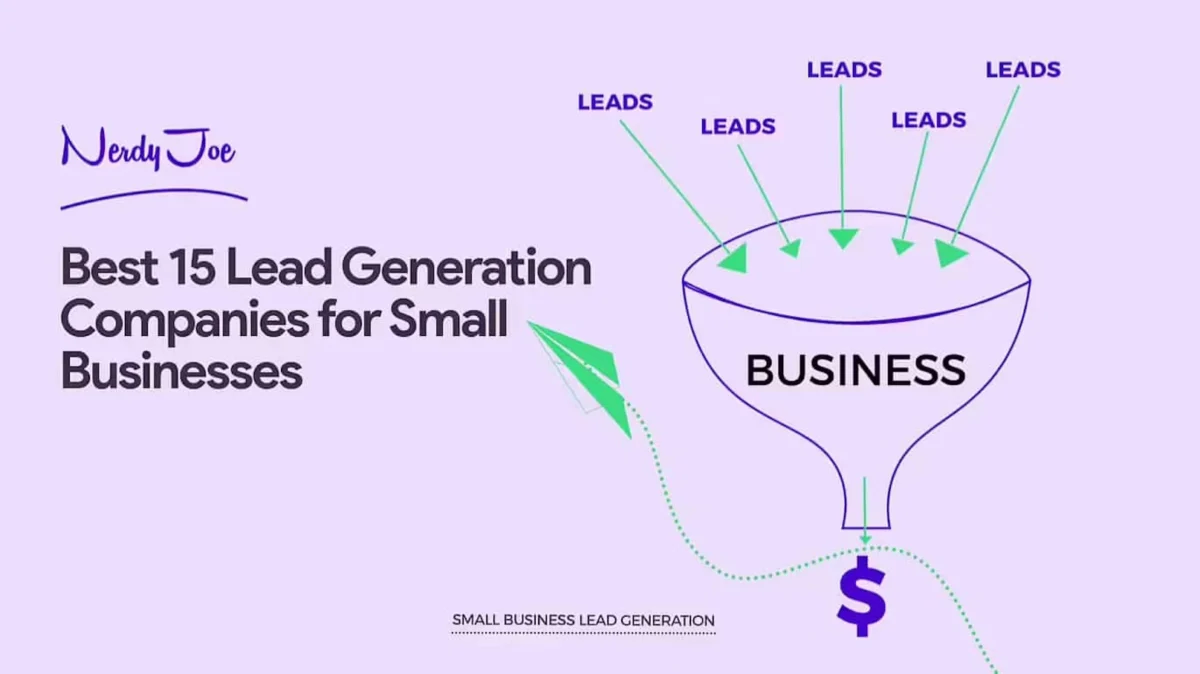
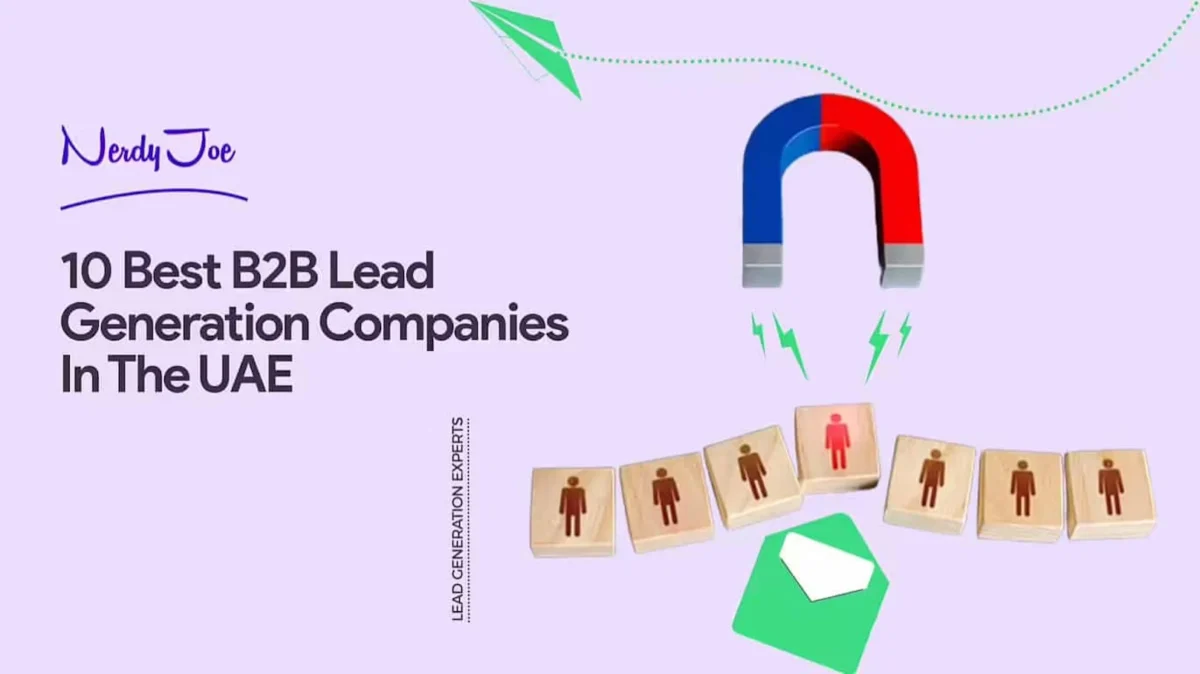











![Top 15 Lead Generation Companies You Can Rely On [2023 Review]](https://nerdyjoe.com/wp-content/uploads/2024/06/1677530789-top-15-lead-generation-companies-and-services-to-consider-in-2023-3x-3x-1200x675.avif)





























